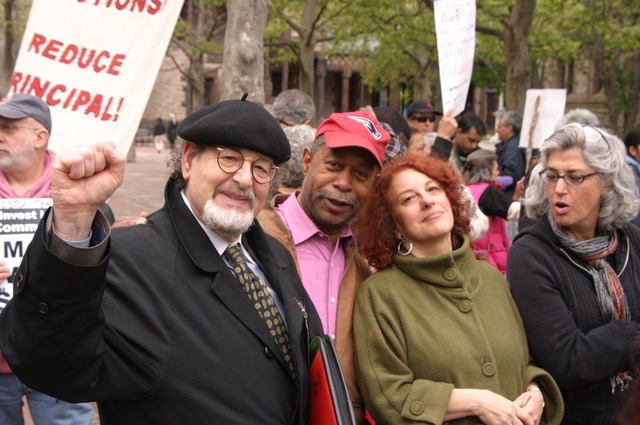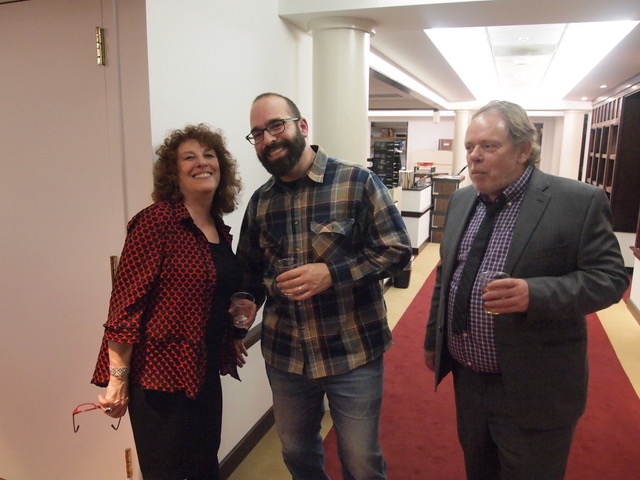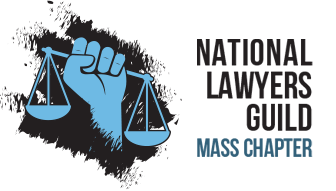
1. What motivated you to go to law school?
I was an anti-war, racial justice and political activist and in 1972 was part of a women’s prison collective that visited and supported the women incarcerated at the Framingham prison. We worked closely with Lawyers’ Guild lawyers who were part of a law collective in Cambridge. One day when I and another member of the women’s prison collective went to visit the women at Framingham we were led into the gym and told by the women that they had just taken over the prison and we were their lawyers! I was all of 23. This was about a year after the Attica prison uprising and we were of course a little freaked out about how we were going to handle this. I was also very concerned about what I would eat – as they only had bologna and white bread! We helped the women draft their demands and luckily we somehow managed to call the Guild lawyers who called the press. The takeover was a success – but it made me realize I might need some legal skills to actually be of use to the movement.
2. How were your experiences as a law student different from students in law school today?
I did not tell a lot of friends that I was in law school. It was just not politically correct among my circle at that time! I went to law school at night so I could continue to be a full time political activist. I also was able to pay my tuition of $1500 a semester by working – something law students are clearly unable to do today. I remember being one of very few women in my law school class and the sexism was blatant. When a professor repeated a story disparaging women and said his other class had objected to the story I stood up and called him out for his demeaning comments. The whole class got quiet and then laughed. There were lots of cops in the class and they thought it was really funny that a women got so upset. Years later right before graduation one of the cops came up to me and told me that he really admired that I spoke out. Who would have known!
3. What advice would you give law students and attorneys just starting out?
I have spent my entire career as a public interest lawyer, working at Greater Boston Legal Services and the Lawyers’ Committee for Civil Rights. I started out doing family law, moved into fair housing and civil rights law, and later consumer law, with a little dabbling in immigration and education law. My advice to young lawyers is that you can make a career of doing public interest law, whether at legal services, non-profits, government agencies or a community based private law practice. You do not have to give up your principles and politics to be a lawyer. Even if you have to work at a big firm to make money to pay back your loans you can do important pro bono work. I actually think that as the right becomes more aggressive, we need a new generation of progressive lawyers more than ever!
4. Please tell us about your history with the Guild.
Even before I went to law school Guild lawyers were my role models. I wanted to grow up to be just like them. The Boston chapter of the NLG was very vibrant and active in the 1970’s. I worked with the Guild as part of the anti-racism committee even before I went to law school and then during the time I was in law school. I had the privilege of working with Guild lawyers who were representing Latino parents intervening in the Boston school desegregation lawsuit. The Guild’s anti-racism work was, and still is, vitally important. I have remained a Guild member throughout my 46 years as a lawyer and even though not always active, I feel the Guild is part of my identity and certainly part of my history.
5. What do you hope the Guild will accomplish moving forward?
I hope the Guild continues its important work and motivates young lawyers to be part of the fight against autocracy and fascism. Unfortunately, things have only gotten worse politically and we need to come together, speak out and take collective action, now more than ever. It is time for the next generation to step up.




